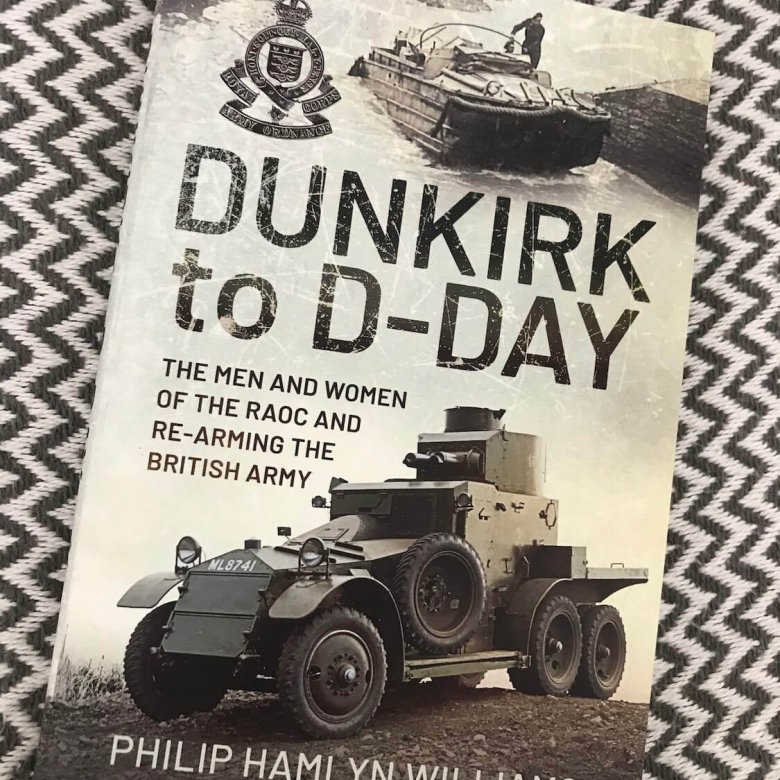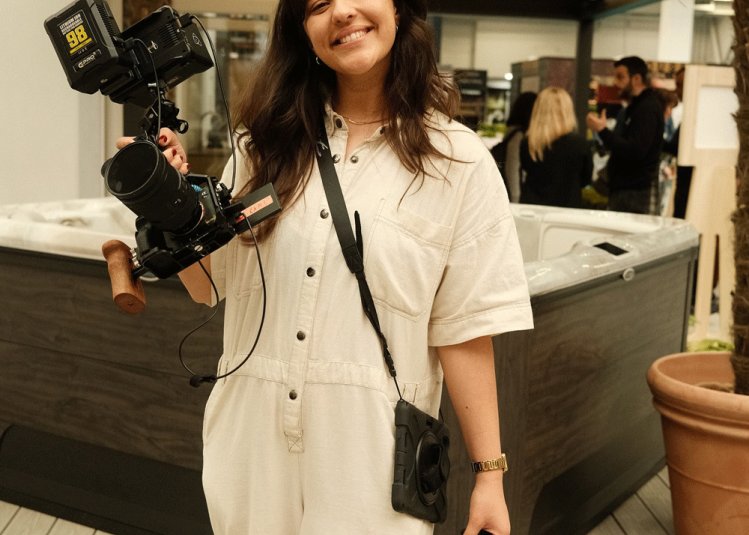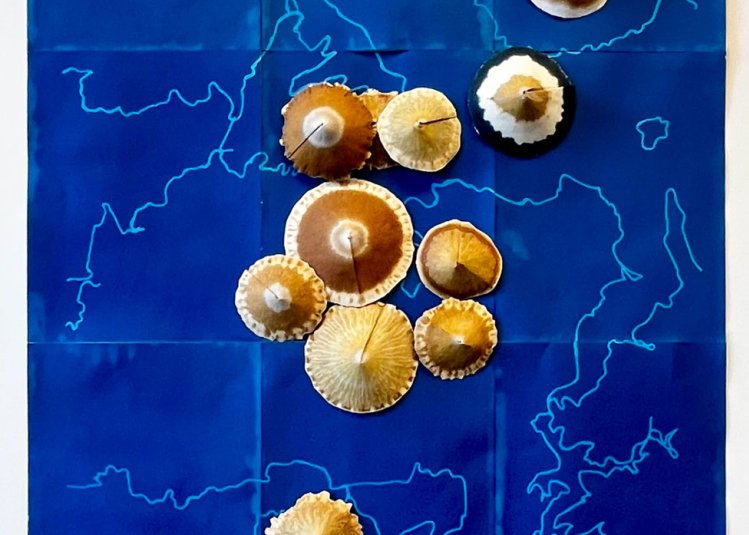Graduate author publishes new book: Dunkirk to D-Day
19 August 2021

Philip Hamlyn Williams has published five books since graduating from MA Professional Writing at Falmouth. We caught up with the author to discuss his latest project.
He might not have realised it at the time, but when Philip Hamlyn Williams quietly pondered the role his father had played in the Second World War, he’d initiated a research project that would unearth a trove of remarkable family memorabilia.
Philip was astonished to discover that his father was the Controller of Ordnance Services in the Second World War; in simpler terms, he was the man responsible for supplying the British Army.
“It completely surprised me,” Philip tells us, “my father died when I was 13; I really had no real idea what he did during the wars.”
“My mother, who worked as his assistant at the Royal Army Ordnance Corps, had compiled an incredible record of my father’s life. But to write just about him would have been a disservice. My research had to be wider.”
These people had done jobs that were beyond remarkable. Far exceeding anything we might undertake or ever have the opportunity to undertake. These were ordinary people who went on to do extraordinary things.
Philip’s curiosity launched an epic five-year exploration into the lives of the men and women who rearmed the British Army following the disastrous losses suffered at Dunkirk. Dunkirk to D-Day is the result, Philip’s third account of the extraordinary stories that enabled Allied victories in the First and Second World Wars. The book follows the successes of previous works on the British Army: War on Wheels and Ordnance.
Despite a vested interest in the British Army, the vital role that his father played in its victories had gone unexamined in his previous books. Philip, though, is keen to point out that Dunkirk to D-Day covers far more ground than his father’s undertakings during the war.
“These people (those involved in the Wars) had done jobs that were beyond remarkable. Far exceeding anything we might undertake or ever have the opportunity to undertake. These were ordinary people who went on to do extraordinary things.
“They displayed skills that we don’t necessarily associate with the army. Bob Hiam of Dunlop, for example, sold tires for a living. He brought that skillset to the army and ended up supplying it for D-Day.
“I needed to find out more about these people and their lives. It’s a book about them.”
There’s no doubt that making that connection on the course was fundamental to me getting published. Contacts are crucial. Utilise your lecturer’s contacts and look out for opportunities from the employability service RealWORKS.
Advice for aspiring writers
Having published five books, Philip can now consider himself nearly an established author. But during his time at Falmouth, breaking into the industry felt like a distant ambition.
As Philip recalls, “A lot of the MA was enjoyable; it was really challenging and gave me the tools that I use today. But it also taught me an embarrassing amount about punctuation!”
Despite the occasionally misplaced comma, Philip was motivated to continue with his studies. “Examining how writers write – plot, characterization, story arcs – I found it fascinating.”
And Philip’s persistence paid off; the contacts he made on the course helped give him his break in the publishing industry.
As Philip explains, “When I was writing War on Wheels, I didn’t have a publisher.A course mate of mine, Pete London had done a placement at the History Press, and he let me know that they happened to be on the lookout for new writing.
“There’s no doubt that making that connection on the course was fundamental to me getting published.”
Unsurprisingly, Philip encourages the aspiring authors at Falmouth to build their networks while at university.
“If you’re a student and you get the opportunity to do a placement at a publishing house, grasp it with open arms. They’re really important.
“Contacts are crucial. Utilise your lecturer’s contacts and look out for opportunities from the employability service RealWORKS. Being active on social media is pretty helpful too; just remember the stuff you write on there should be to the standard of what you’re writing in your books.”
Connect with Philip:




